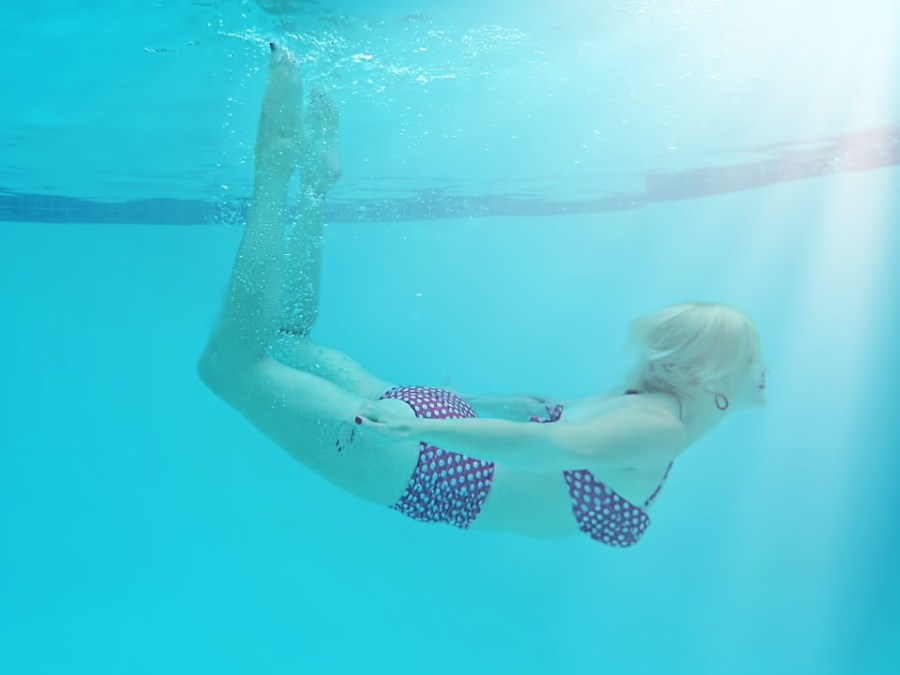The Best Swimming Strokes to Learn

Swimming is normally seen as a life skill needed in order to be safe around swimming pools and when on holiday, but if you consider swimming a fun activity, it can make the job of learning it a lot more interesting. Each swimming stroke offers something the others don’t, making it fun to learn and practice each new one. The strokes that are seen in swimming competitions in events like the Olympics are the best known, but don’t restrict yourself to those. Next time you’re at the pool or the beach, try out one of the following strokes.
Breaststroke
There are several reasons why breaststroke is the most popular way of getting around a pool. It’s mainly because the head is never submerged under water as it is during the front crawl and it’s also because it’s easy to learn. With breaststroke, both arms move in half-circular motions at the same time in front of you as the legs perform a whip kick. This stroke is the best for a cardiovascular workout as it works your heart and lungs as it tones your upper back, triceps, thighs and lower legs.
Front Crawl
The front crawl is the fastest way to get around the pool. This is the stroke most people associate with the Olympics and competitive swimming in general but it’s also great for adults and children to enjoy in their local pool. This fast and efficient stroke uses an alternating arm movement while the legs execute a flutter kick. You might know this stroke as “freestyle” but that’s not its name. Swimmers always use this stroke in freestyle competitions in which competitors are allowed to use whichever stroke they like so the name freestyle has become attached to the front crawl.
Butterfly
Even though the butterfly looks like the most energetic stroke, a study in Portugal that looked at the energy used by competitive swimmers showed that breaststroke uses the most energy. The butterfly was second in that study and it’s also the second fastest swimming stroke after the front crawl so it’s worth mastering, even though it can be difficult to learn. This unique and spectacular stroke uses symmetrical arm movements and a wave-like body motion with a dolphin kick.
Backstroke
Some find the backstroke a struggle to get to grips with because they don’t feel comfortable lying back in the water. That’s a very normal reaction for those who aren’t confident in the water but you don’t need to submerge your head as you swim which is always a bonus for those new to the water. Circular arm movements and a flutter kick that’s similar to the one used in the front crawl make this stroke faster than breaststroke but slower than the other two main strokes.
Other Strokes
Why not try the sidestroke? This is an old swimming technique that involves a scissor kick with asymmetrical underwater arm movements. As you’d expect from the name, the swimmer’s side is submerged in the water as they make their way across the pool. The dog paddle is another stroke you can use. As the name suggests, this stroke mimics the way a dog swims.





